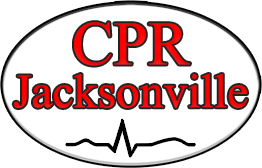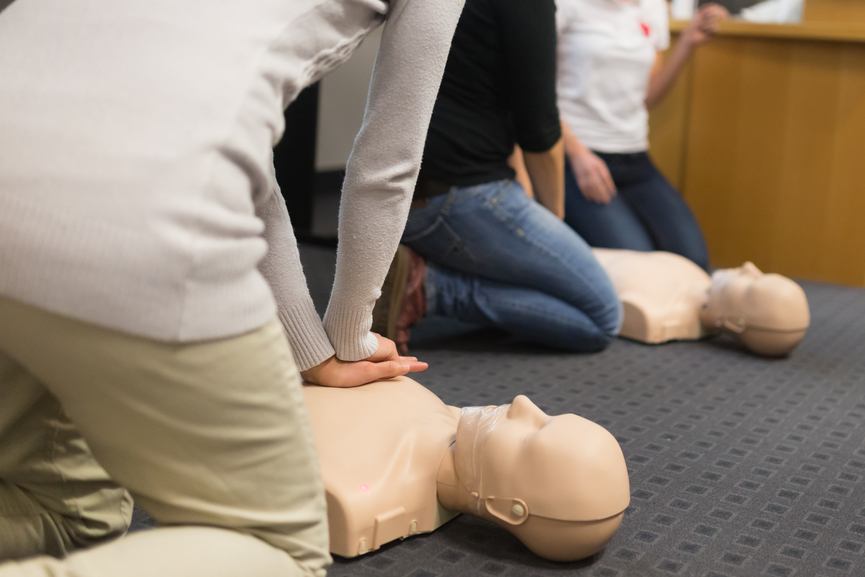When it comes to pediatric emergencies, every second matters. For healthcare providers who work with children, knowing how to respond effectively under pressure is essential. Pediatric Advanced Life Support (PALS) equips medical professionals with the knowledge and skills to handle critical situations like cardiac arrest, respiratory failure, and shock in infants and children. Understanding the PALS systematic approach not only improves clinical outcomes but also boosts the confidence and readiness of anyone involved in pediatric care. If you’re in the Jacksonville area, CPR Jacksonville, FL, is a trusted provider for PALS and other life-saving certification courses through the American Heart Association.

What is PALS?
PALS stands for Pediatric Advanced Life Support. This advanced training program is specifically designed for professionals who respond to pediatric emergencies. It is most commonly required for pediatric nurses, paramedics, emergency room physicians and nurses, and critical care staff. Unlike Basic Life Support (BLS), which focuses on general CPR techniques for all ages, or Advanced Cardiovascular Life Support (ACLS), which is tailored for adult patients, PALS addresses the unique anatomical and physiological needs of infants and children. Understanding these differences is vital because pediatric patients often exhibit different signs, symptoms, and progression of illness compared to adults.
What is PALS Used For?
The primary goal of PALS is to guide healthcare professionals through the proper steps for responding to life-threatening conditions in children. These include respiratory distress, respiratory failure, cardiac arrest, and shock. In real-world settings, these situations may arise in hospitals, ambulances, or even in schools and daycare centers. PALS provides structured protocols to ensure timely and effective interventions, from the initial assessment to administering medications and performing advanced airway management. Mastery of these protocols helps providers act quickly and accurately during high-stress emergencies.
The PALS Algorithm
At the core of PALS training is the PALS algorithm, the Systematic Approach to assessing and treating pediatric patients. This structured method helps providers make informed decisions quickly and consistently. The algorithm begins with the Initial Assessment, where providers evaluate the child’s Appearance (level of consciousness), Breathing (specifically, the work of breathing), and Circulation (noting skin color and signs of poor perfusion). This “ABC” approach helps identify the most immediate threats to life and sets the stage for further evaluation.
What is the Breathing Algorithm for PALS?
The next step is the Primary Assessment, often referred to as the ABCD approach. This involves assessing Airway, Breathing, Circulation, Disability (neurological status), and Exposure (looking for signs of trauma or infection). This comprehensive check helps prioritize life-saving interventions while identifying underlying causes. Following this is the Secondary Assessment, which uses the SAMPLE acronym to gather a patient history: Signs and symptoms, Allergies, Medications, Past medical history, Last meal, and Events leading up to the situation. Together, these assessments provide a complete picture of the child’s condition and guide targeted treatment.
PALS Certification at CPR Jacksonville, FL
The PALS systematic approach isn’t just a checklist—it’s a framework for thinking and acting under pressure. Early recognition and intervention are key themes throughout PALS training. Delays in identifying respiratory distress or shock can lead to rapid deterioration, while timely care can significantly improve survival and recovery. That’s why the algorithm emphasizes continuous reassessment and communication within the care team. Each decision builds upon the last, ensuring that no detail is overlooked in the race to stabilize the patient.
For those seeking PALS certification in Jacksonville, CPR Jacksonville, FL, offers a comprehensive and supportive training experience. The PALS course includes a blend of classroom learning, hands-on skill practice, and real-life scenario simulations to reinforce the systematic approach. Whether you’re renewing your certification or taking the course for the first time, you’ll benefit from a stress-free, interactive environment led by experienced instructors. The course covers airway management, rhythm interpretation, pharmacology, and team dynamics—everything you need to be a prepared and effective provider.
Conclusion
In addition to PALS, CPR Jacksonville FL also offers a full range of AHA-approved certification courses, including BLS, ACLS, CPR, and First Aid. Each course is designed to meet the latest American Heart Association standards, ensuring you’re learning the most up-to-date procedures and protocols. The center focuses on hands-on practice and real-time feedback, giving you the confidence to act when it counts. Whether you’re a seasoned healthcare provider or just beginning your career, having the right certifications can open doors and save lives.
Understanding the PALS algorithm and the importance of a systematic approach is essential for any healthcare provider working with pediatric patients. From early recognition to advanced interventions, PALS training prepares you to act decisively and compassionately in critical moments. If you’re ready to enhance your skills and earn your certification, consider enrolling in a course at CPR Jacksonville, FL. Their expert-led training and supportive environment make it easier than ever to master the principles of PALS. Don’t wait—take the next step in your professional journey and ensure you’re ready to provide life-saving care when it’s needed most.


